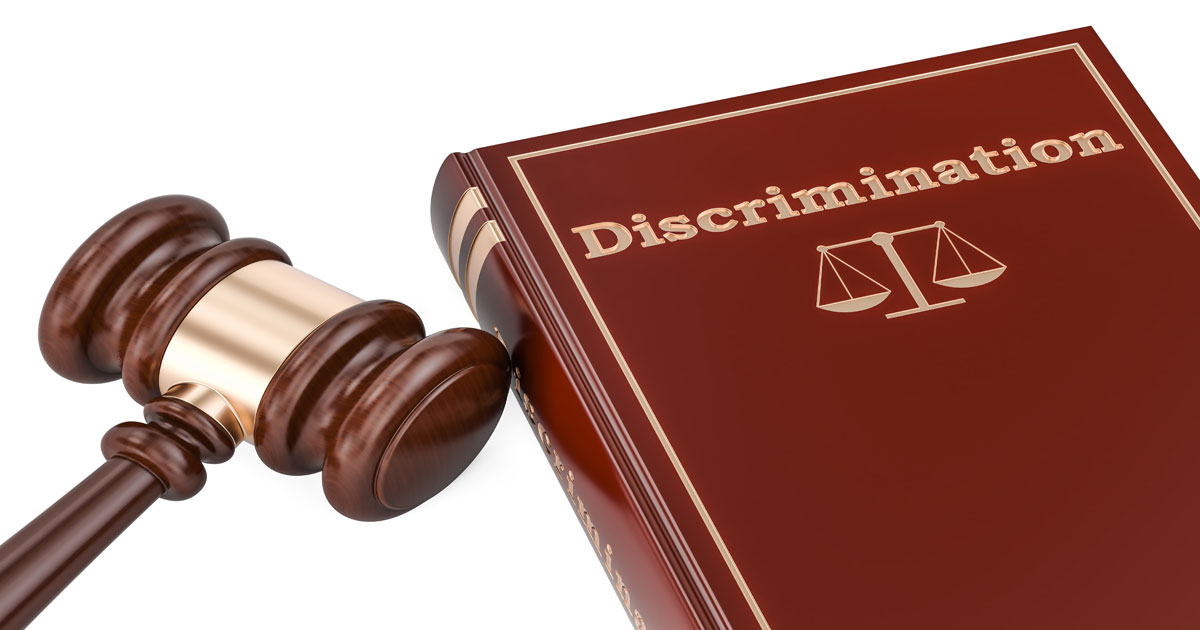Workplace Accommodations for Disabilities: Legal Requirements and Best Practices

Understanding the legal requirements for workers with disabilities is not just necessary but a responsibility. Under the Americans with Disabilities Act (ADA), employers are required to provide reasonable accommodations for employees with disabilities. A reasonable accommodation is a modification or adjustment to a job, the work environment, or how things are usually done during the hiring process. These accommodations allow an individual with a disability to have an equal opportunity to get a job, perform job functions, and benefit from the same privileges of employment as people without disabilities.
Criteria for Reasonable Accommodations
In this context, the term “reasonable” does not mean whatever is convenient or easy. An accommodation is considered reasonable if it does not impose an undue hardship on the operation of the employer’s business.
What is reasonable? Let us look at three examples:
- Physical modifications: Making existing facilities accessible to and usable by individuals with disabilities, like installing a ramp or modifying a workspace.
- Job restructuring: Modifying work schedules or reallocating marginal job functions that an employee cannot perform because of a disability.
- Technological aids: Providing or modifying equipment, such as adding voice-activated software for someone with a physical disability.
On the other hand, some accommodations may not be considered reasonable. Here are three examples:
- Creating a new position: If a disability prevents an employee from performing their current role, and there is no similar vacant position available, the employer is not required to create a new job.
- Personal use items: Employers are not required to provide personal items like glasses or hearing aids.
- Lowering performance standards: The ADA does not require employers to lower quality or production standards as an accommodation.
Ensuring Compliance: Actionable Tips
Keeping pace with the complex legal requirements associated with workplace accommodations for disabilities can appear daunting. However, this should not deter your business from striving towards full compliance. Here are some comprehensive steps that will guide you on this journey.
Cultivate Open Communication
The first step towards ensuring compliance is fostering a culture of open communication within your organization. Regular dialogue with employees about their needs and concerns can go a long way in identifying potential issues before they escalate.
This involves more than just occasional check-ins. It requires creating an environment where employees feel comfortable discussing their disabilities or health conditions without fear of judgment or retaliation. This could include meeting regularly to discuss accommodation needs, creating anonymous suggestion boxes, or encouraging peer support groups.
Moreover, communication should not be a one-way street. Employers must also take the initiative to educate their employees about their rights under the ADA, the process for requesting accommodations, and the resources available to them.
Document Everything
In the event of legal scrutiny, having a robust documentation system is crucial. It is crucial to maintain thorough records of all requests for accommodations, the actions taken in response to these requests, and the rationale behind any decisions made.
These documents should include the specific nature of the request, details of the discussions, any medical information provided, the options considered, and the outcome. This will provide a clear paper trail in case of disputes and help identify patterns, evaluate the effectiveness of accommodations, and make necessary adjustments.
Stay Abreast of Legal Changes
The legal landscape of disability rights and accommodations is not static. Laws and regulations evolve, often in response to court rulings, legislative amendments, or changes in societal attitudes toward disability.
Businesses must stay informed about these changes. This could involve subscribing to legal newsletters, attending seminars or webinars, engaging legal counsel, or partnering with disability rights organizations. Regularly reviewing federal and state laws to ensure compliance is not just a box-ticking exercise but an integral part of your commitment to creating an inclusive and discrimination-free workplace.
Our Philadelphia Business Attorneys at Sidkoff, Pincus & Green P.C. Can Help You Create a Discrimination-Free Work Environment
Fostering an inclusive workplace is a practice that can drive innovation and productivity. By understanding and implementing appropriate accommodations, you are investing in your employees’ success and the success of your business. At Sidkoff, Pincus & Green P.C., we are committed to helping businesses like yours. We are a premier regional firm with decades of experience. Speak with our Philadelphia business attorneys to learn more. Contact us online or call us at 215-574-0600 to schedule a consultation. Located in Philadelphia, we serve clients in Pennsylvania and New Jersey.






















